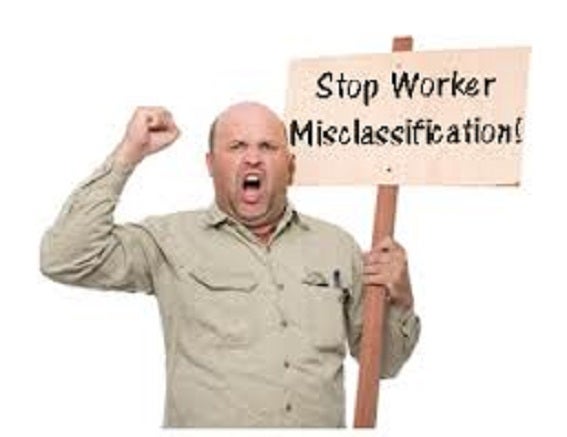Uncategorized
In Columbia Ruling, NLRB Indicates a Shift on Misclassification

Last week, in a landmark ruling, the NLRB ruled that a group of graduate students at Columbia University were entitled to union representation and collective bargaining rights on the grounds that they were not just students, but also employees of the university. The ruling, which overturned a precedent set by Brown University in 2004, expands collective bargaining rights for graduate assistants beyond state-funded institutions to include private universities.
At first glance, this ruling may not seem that significant for the labor movement writ large. After all, graduate students are a pretty tiny margin of the workforce. But in ruling that a segment of employees had been categorized improperly, the NLRB could be indicating a broader change for future rulings.
Many of the most pertinent attacks on labor rights in the last few years have come in the form of employee misclassification. By treating employees as independent contractors, employers can dodge prevailing wage laws, cut costs on expenses by passing them onto workers, and avoid paying costly benefits such as payroll taxes, health insurance, and worker’s compensation insurance. It’s an ongoing war where the Teamsters have fought and won battles with FedEx, Uber and port driver companies across the country.
That war, however, is just beginning. Uber, along with others that make up the so-called “sharing economy,” are trying to redefine the employer-employee relationship at the expense of worker protections, and these companies have valuations in the billions of dollars. Furthermore, many start-ups have business models that often thrive not on improving services or technological innovation, but the oldest profit-generating model there is: finding new ways to exploit workers.
In explaining its ruling, the NLRB wrote, “The Brown University board’s decision … deprived an entire category of workers of the protections of the act, without a convincing justification in either the statutory language or the policies of the act.” The Columbia decision — which comes in the wake of Browning Ferris, another favorable ruling on a similar issue — indicates that the NLRB may be moving in the direction of a full-throated crackdown on misclassification. In what could end being one of the most critical labor fights of the 21st century, it’s a direction that the Teamsters and workers everywhere need the agency to be headed in.